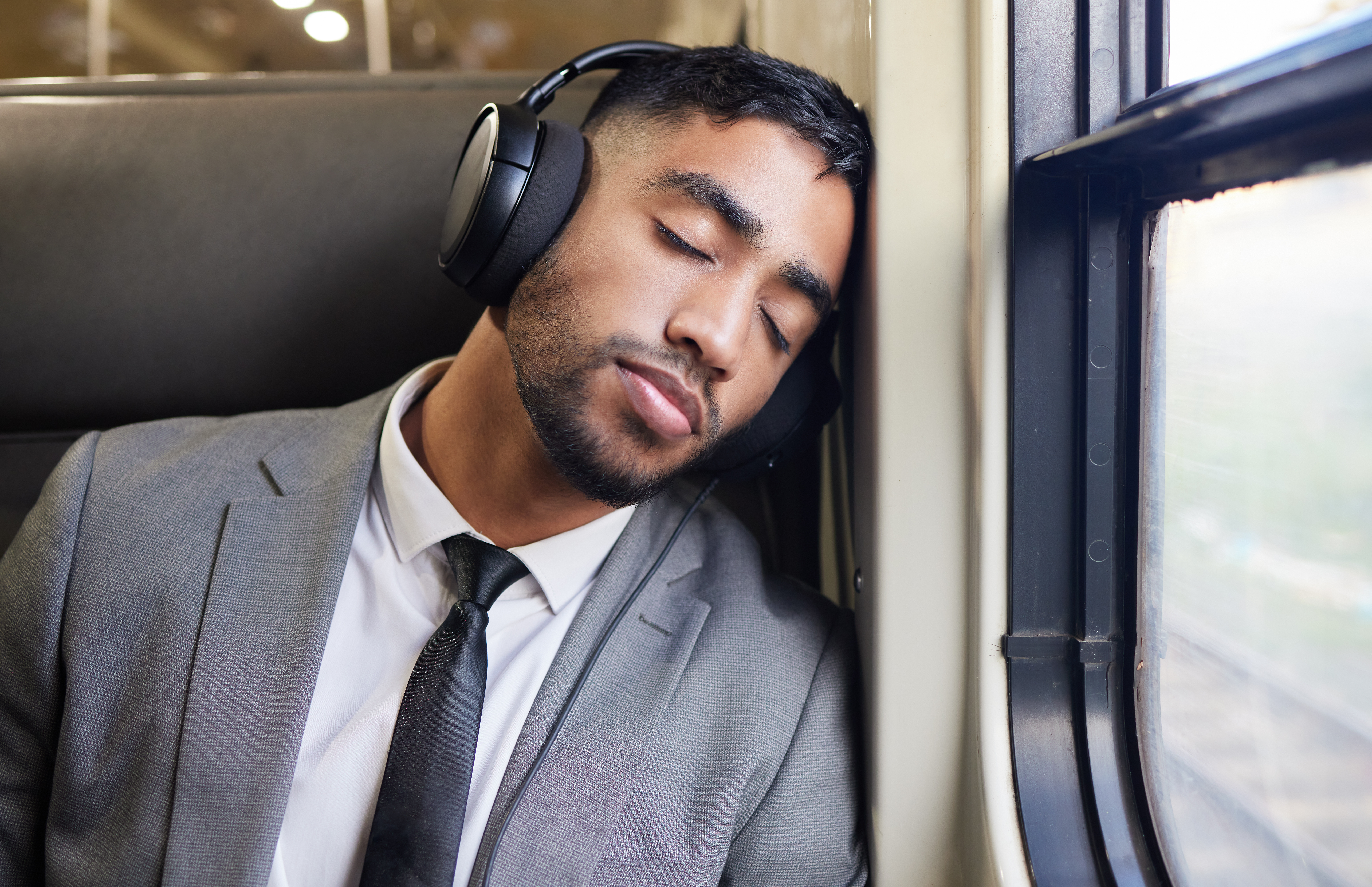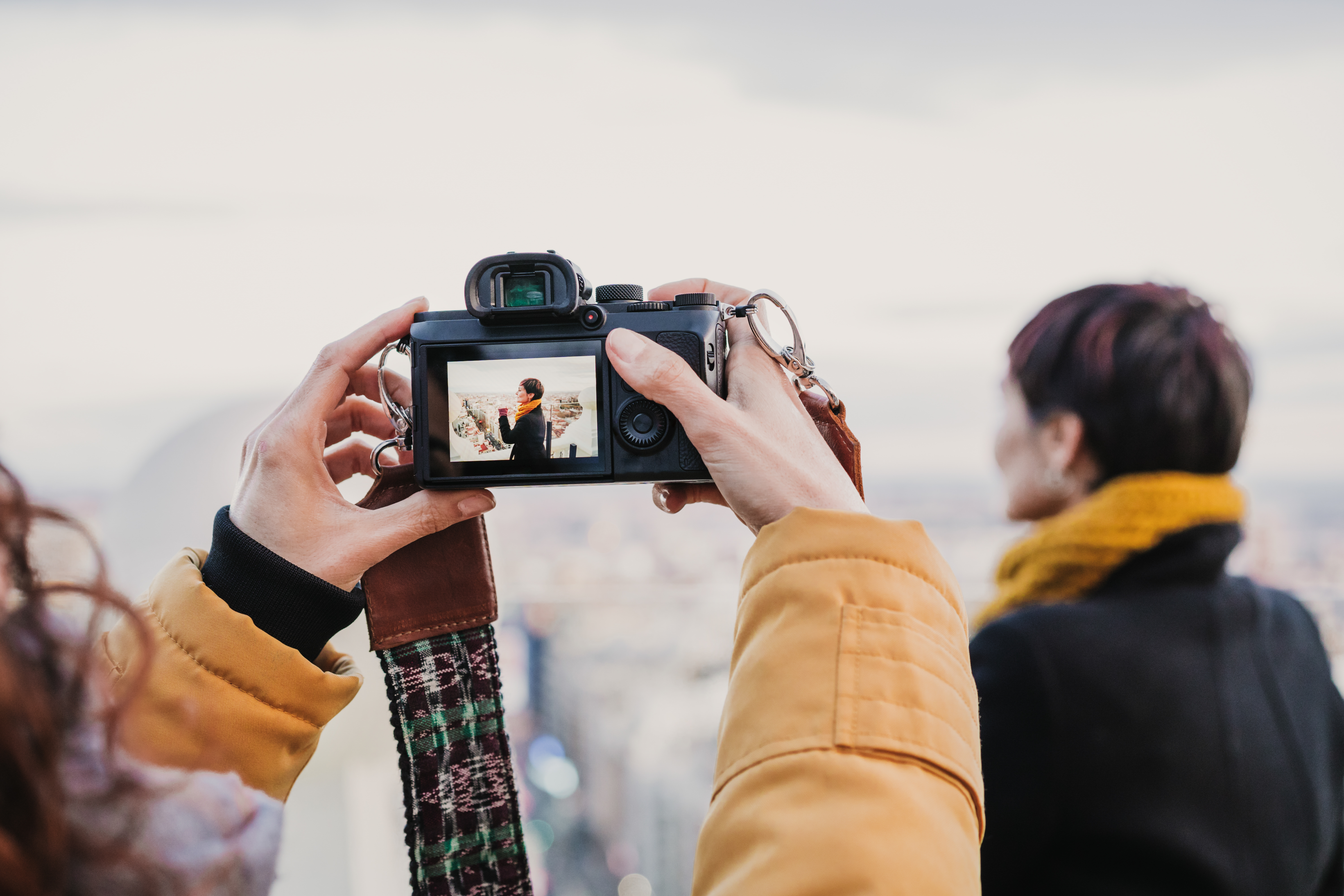10 Tips to Bounce Back from Long Travel Fatigue
Travel fatigue is more than just feeling tired; it's a complex interplay of disrupted sleep patterns, prolonged inactivity, and the stress of navigating unfamiliar environments. The body's circadian rhythms can be thrown off by crossing time zones, while the mind grapples with the sensory overload of new sights and sounds. This multifaceted fatigue can dampen your travel experience, making it difficult to fully engage with your surroundings. By recognizing the signs and symptoms of travel fatigue, you can take proactive steps to mitigate its effects. In this comprehensive guide, we will explore a range of techniques, from physical exercises to mental strategies, that can help you maintain your energy levels and enthusiasm throughout your journey. Let's begin!
1. Understanding Circadian Rhythms and Jet Lag

One of the primary culprits behind travel fatigue is the disruption of circadian rhythms, which are the natural cycles that regulate various physiological processes in the body. These rhythms are influenced by external cues such as light and temperature, helping to synchronize the body's internal clock with the environment. When you travel across multiple time zones, your circadian rhythms can become misaligned with the local time, leading to a condition commonly known as jet lag. This misalignment can result in symptoms such as insomnia, daytime fatigue, difficulty concentrating, and digestive issues. To combat jet lag, it's essential to understand how circadian rhythms work and how they can be adjusted. One effective strategy is to gradually shift your sleep schedule before you travel, aligning it more closely with the destination's time zone. This can help your body adjust more quickly upon arrival. Additionally, exposure to natural light during the day and avoiding bright screens before bedtime can help regulate your internal clock. Melatonin supplements may also be beneficial in some cases, as they can help signal to your body that it's time to sleep. By taking proactive steps to manage your circadian rhythms, you can minimize the impact of jet lag and reduce travel fatigue.








